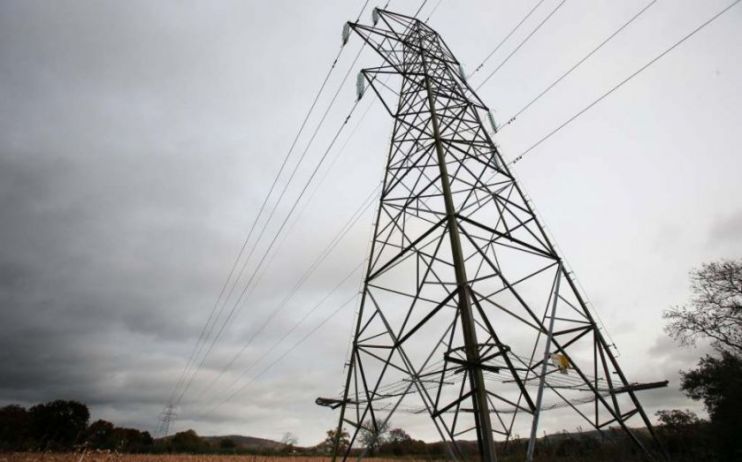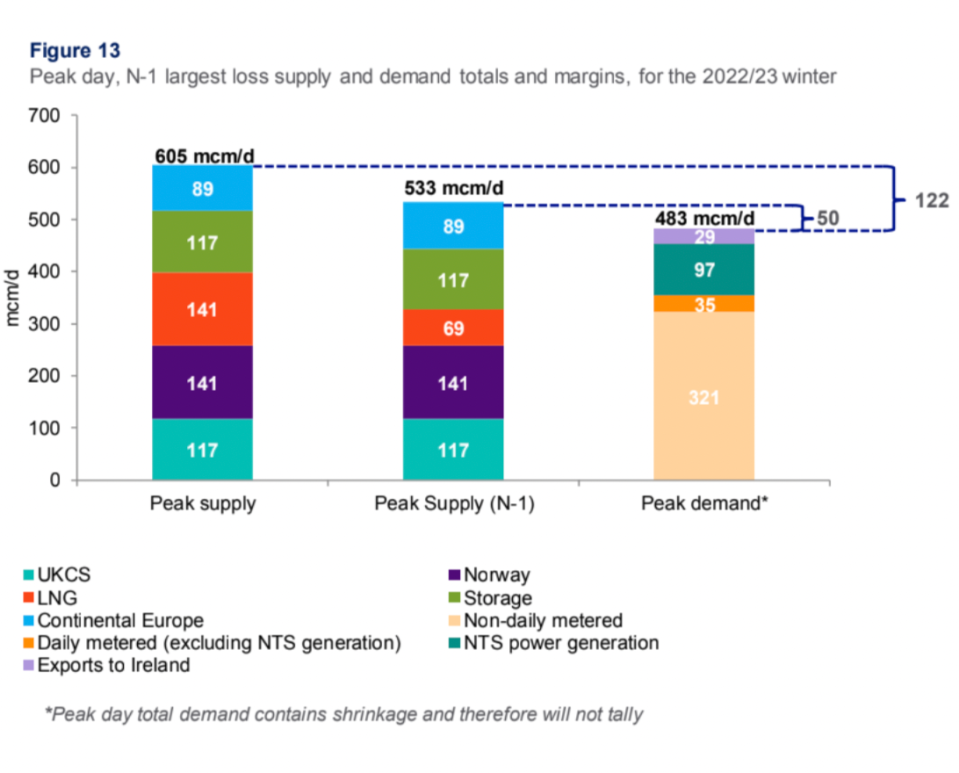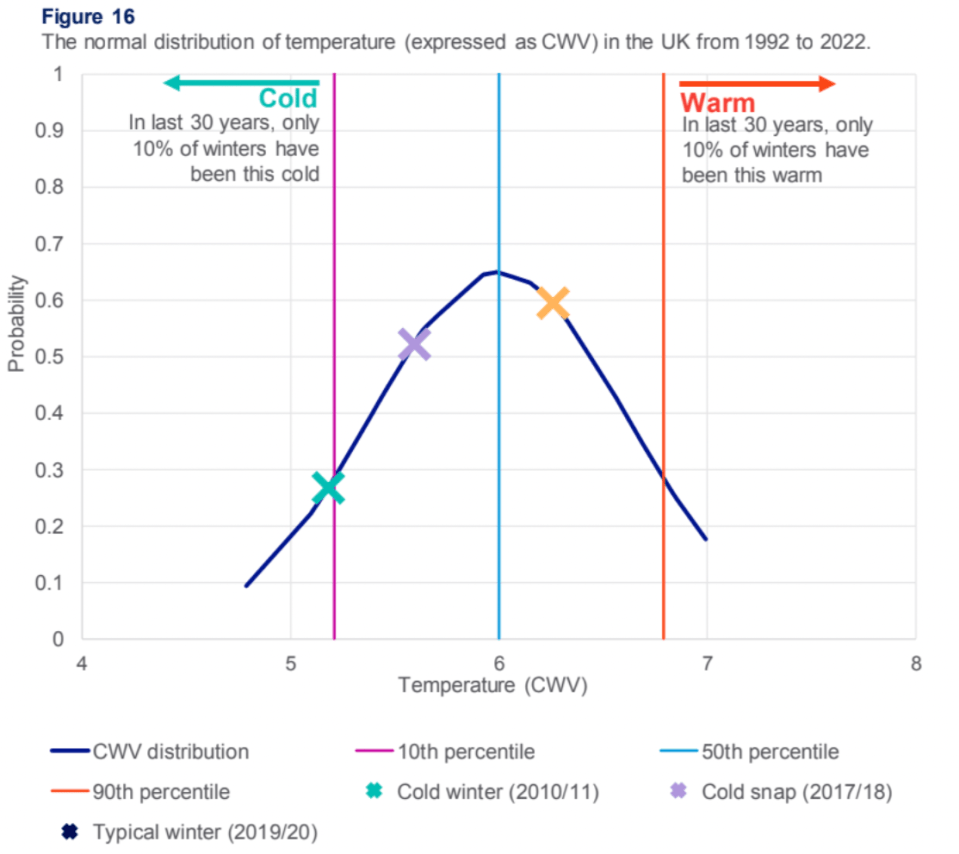UK likely to avoid blackouts this winter with LNG boost, says National Grid

The UK should have sufficient gas supplies to meet its energy needs this winter, revealed the National Grid, despite fears over possible blackouts.
The grid’s electricity system operator has published its winter outlook, forecasting that the UK has enough capability to meet peak demand over the coming months, with a positive supply margin.
It expects the UK will depend on liquefied natural gas (LNG) to act as the primary source of supply flexibility this winter, supplementing domestic and Norwegian oil and gas.
The National Grid only expects to require imports from continental Europe via interconnectors during periods of elevated demand.
Its report establishes three potential scenarios this winter.
Two of its cases, including its base case, would mean there would be sufficient suppliers over winter.
However, its worst case scenario characterised by a cold snap with insufficient imports would mean blackout periods across the countr.
Households being notified a day in advance of three-hour blocks of time during which their power would be cut off – in an effort to reduce total consumption by five per cent.
The emergency plan need would have to be approved by King Charles on the recommendation of the Business Secretary, Jacob Rees-Mogg.
National Grid revealed that in the “unlikely event” of a shortage of gas supplies that some consumers would be without power for “pre-defined periods” during a day to “ensure the overall security and integrity of the electricity system across Great Britain”.
This is a sharp contrast to its earlier outlook, which suggested increased purchasing of electricity from European partners on the continent.

Despite the alarming headlines, the latest developments will be more reassuring for the Government, which had been wargaming potentially four days of blackouts in January in an extreme-worst case scenario.
Despite its bullish outlook, it has warned that potential shortfall in gas supplies within continental Europe could impact the ability for GB to attract imports, should they be required.
This means a positive market price differential to both global and European markets will be needed for the UK to attract sufficient LNG and imports from continental Europe, when required.
Alongside supplies, National Grid has also made predictions from demand.
It calculates sustained high wholesale gas prices will result in a reduction in both domestic and industrial demand, which could help ease supply issues.
The Government has stepped in with historic support packages for businesses and households to ease energy bills, but prices are still expected to climb to record highs this month, signalling the need to reduce energy usage.

Ian Radley, National Grid’s Director of Gas System Operations, said: “GB benefits from access to a range of diverse and flexible sources of gas, supported by flexible infrastructure with capability exceeding that required to meet peak demand and mature market arrangements.
“As in any Winter, GB depends on sources of imported gas meet demand. Given the volatile and unpredictable landscape in Europe, we anticipate LNG will act as the main source of supply flexibility this winter, supplementing UK and Norwegian supplies.
“The potential for a short fall in gas supplies within continental Europe may mean gas imports from the EU are only occur during periods of high demand and where sufficient price signals exist within the market. “
Commenting on National Grid’s latest report, Ofgem spokesperson said: “We welcome the report from National Grid today. We have one of the most reliable energy systems in the world and we are in a favourable position.
“However, it is incumbent on a responsible and prudent energy sector to ensure the right contingency measures are in place, which is why we are working with the government, National Grid and key partners to protect consumers, so that Great Britain is fully prepared for any challenges this winte